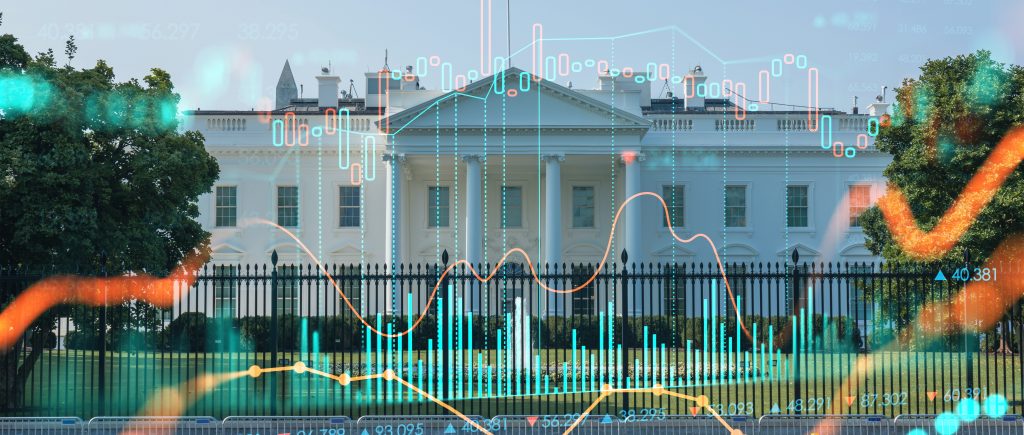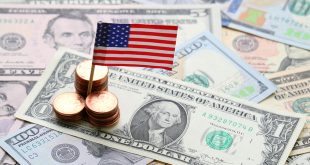The federal government shutdown, now stretching into its second week, is exacting a steep economic toll on the United States—an estimated $15 billion a day, according to Treasury Secretary Scott Bessent. Speaking in Washington during the IMF and World Bank annual meetings, Bessent warned that the political deadlock in Congress is “cutting into the muscle” of an economy that had otherwise been accelerating under a wave of new investment.
Bessent urged Democrats to “be heroes” and join Republicans in passing a funding bill to reopen the government. “There is enormous pent-up demand in this economy,” he said. “President Trump’s policies have unleashed a new boom, but the shutdown is the only thing holding us back.”
Despite the disruption, Bessent painted an optimistic picture of the U.S. growth outlook. He argued that the surge in investment—particularly in artificial intelligence, infrastructure, and industrial manufacturing—is sustainable, comparing the moment to past eras of technological revolution such as the railroad expansion of the late 1800s and the internet boom of the 1990s.
Still, the Treasury chief acknowledged that the shutdown is starting to strain key sectors. Federal contractors, research programs, and regional service economies are already showing signs of slowdown as federal operations remain frozen. “Every day of delay is another hit to productivity, confidence, and jobs,” he said, emphasizing that prolonged paralysis could erase recent economic gains.
On fiscal matters, Bessent revealed that the U.S. deficit for fiscal year 2025—ended September 30—was smaller than the previous year’s $1.83 trillion gap. Though the Treasury has not yet released official data, he suggested that the deficit-to-GDP ratio could drop toward the 3% range “within a few years” if the economy maintains its momentum and spending restraint continues.
The Congressional Budget Office has offered a more cautious assessment, projecting that the deficit only narrowed slightly to $1.82 trillion despite higher customs revenue from new tariffs. But Bessent insisted that the underlying trajectory is improving. “If we grow more, spend less, and constrain future outlays, it’s absolutely possible to see that number start with a three again,” he said.
Bessent credited a combination of Republican tax incentives and tariff policy for sustaining private investment, predicting that this dynamic will fuel years of expansion once the government reopens. However, his message carried a clear warning: the current shutdown is no longer a symbolic standoff—it’s a direct economic drag.
For now, the U.S. economy continues to hum on private-sector momentum. Yet the longer Washington remains gridlocked, the more that $15 billion daily loss could turn from a political talking point into a genuine economic wound.

 Noor Trends News, Technical Analysis, Educational Tools and Recommendations
Noor Trends News, Technical Analysis, Educational Tools and Recommendations




